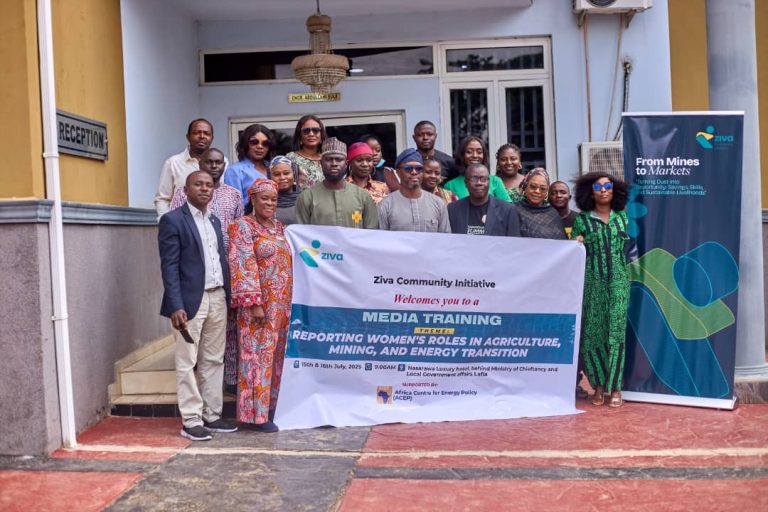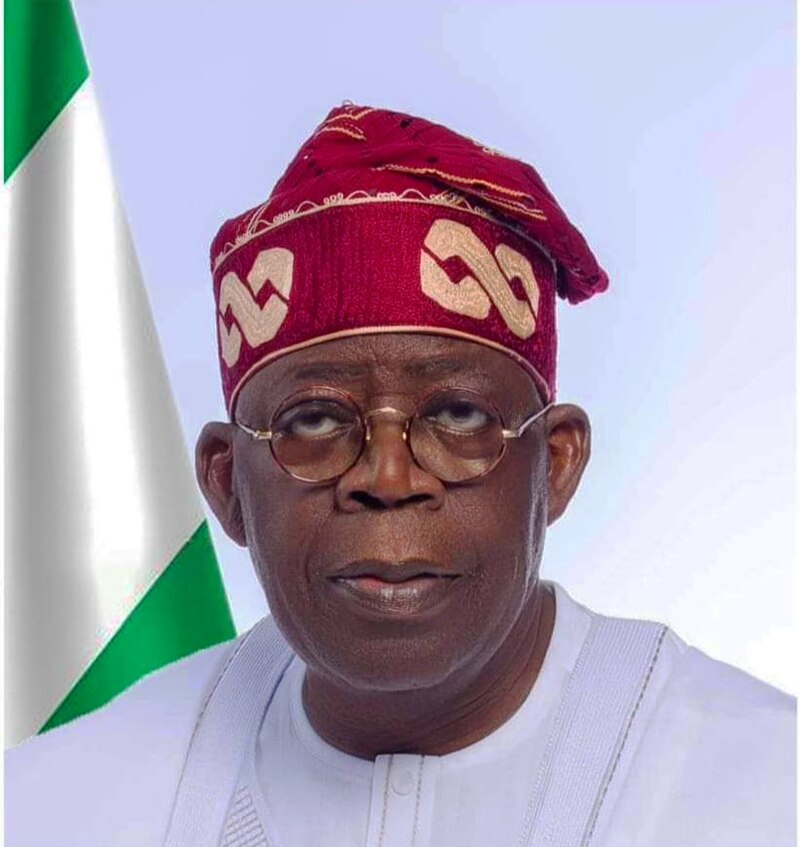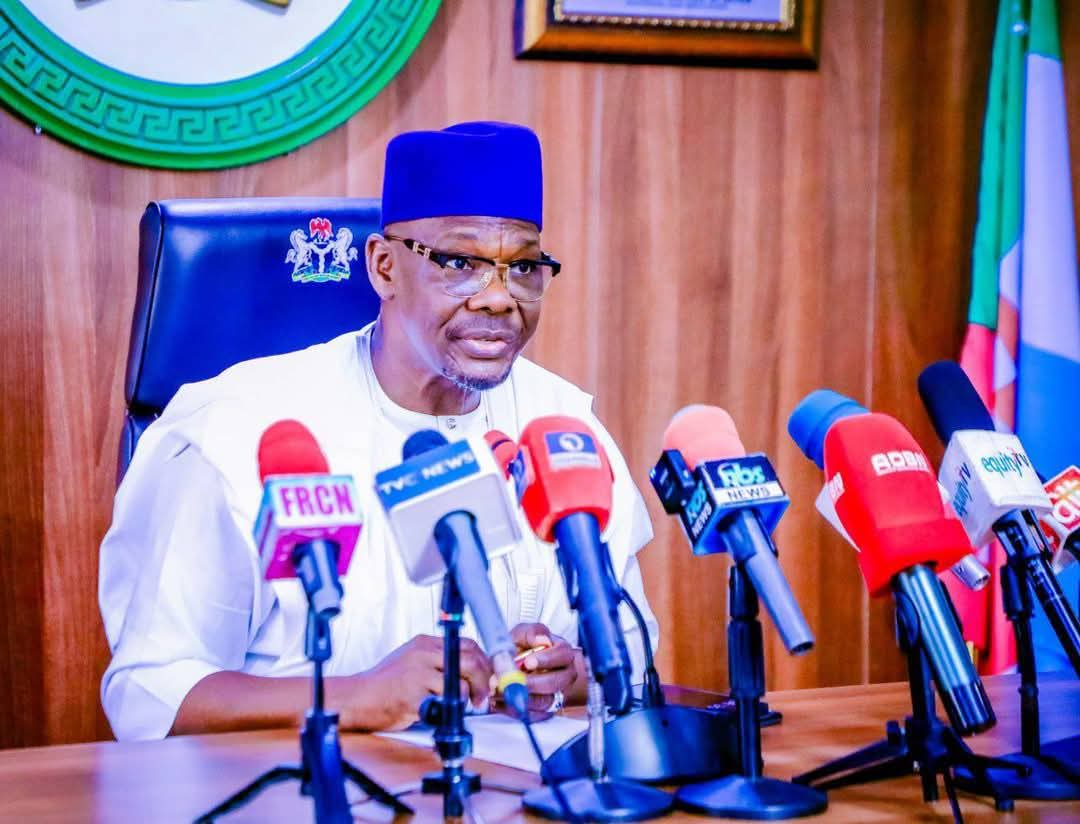Ziva Community Initiative, a non-profit organisation in collaboration with Africa Centre for Energy Policy (ACEP) and other global partners, has trained Journalists in Nasarawa State on the need to amplify the voices of women in the mining and agriculture sectors.
Speaking during the 2-days training in Lafia, Samuel Pam, Programme Lead for Ziva Community Initiative, said the training aimed to equip journalists with the skills to tell stories of women in agriculture and mining sectors, particularly in the context of climate-smart agriculture and sustainable mining practices.
According to the Programme Lead, “We are trying to see how we can build the capacity of women in mining and agriculture, to see how we can amplify their voices and tell their stories within the mining space and within the climate-smart agriculture space.”
He emphasised the importance of collaboration with journalists, saying, “We cannot do this intervention alone; we need journalists to tell their stories, amplify their voices so that we can have more ripple effects of women coming in to thrive in this initiative.”
Pam added that women are pillars of society and family, and building their capacity would have multiplier effects.
The Programme Lead said the organisation has been working with women in different communities, bringing them together to form cooperatives.
He explained that the cooperatives serve as a platform for women to access grants, lobby for inclusive policies, and benefit from opportunities such as micro-credit facilities.
“Government will listen to them when they come as a group, but when they come as individuals, Government will not really want to give necessary attention,” he said.
He urged journalists to tell women’s stories, amplify their voices in order to promote women’s empowerment and sustainable development in the mining and agriculture sectors.
Also speaking, Patience Ogbode, Project Lead for Increasing Renewable Energy Investment for the Empowerment of Women Sustainable Agriculture and Lithium Mining, said the training was to promote women’s involvement in the transition to sustainable energy sources and ensure they are not left behind.
“Women are often left behind, so we want to see how we can advocate women involvement and influence policies to ensure that they are not left behind in this transition,” she said.
Ogbode stated that the initiative has already trained over 100 women in Nasarawa State on sustainable agriculture and mining practices, building their resilience to climate change.
She, therefore, called on media professionals to amplify women’s voices, to able them influence policies that promote sustainable development and women’s empowerment.
The Lead Facilitator at the training, Professor Shekwonyadu Iyakwari, Department of Geology, Federal University Lafia, said Nasarawa was the home to 32 different minerals, which are being exploited.
Prof. Iyakwari stressed the importance of enforcing reclamation plans and safeguarding the environment for future generations through sustainable practices, including reforestation and environmental protection.
He encouraged women to form cooperatives to access funding and work collectively, which would lead to better-organised mining in the state.
On his part, Qosim Suleiman, a development journalist with Premium Times, noted that investigative journalism was key in holding government accountable.
He, therefore charged journalists to report issues that affect women in mining, agriculture and energy sectors saying” investigative journalism can expose wrongdoing and promote a better society”.







